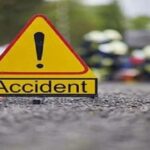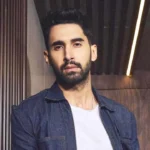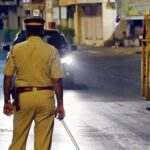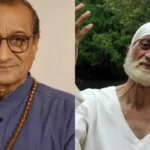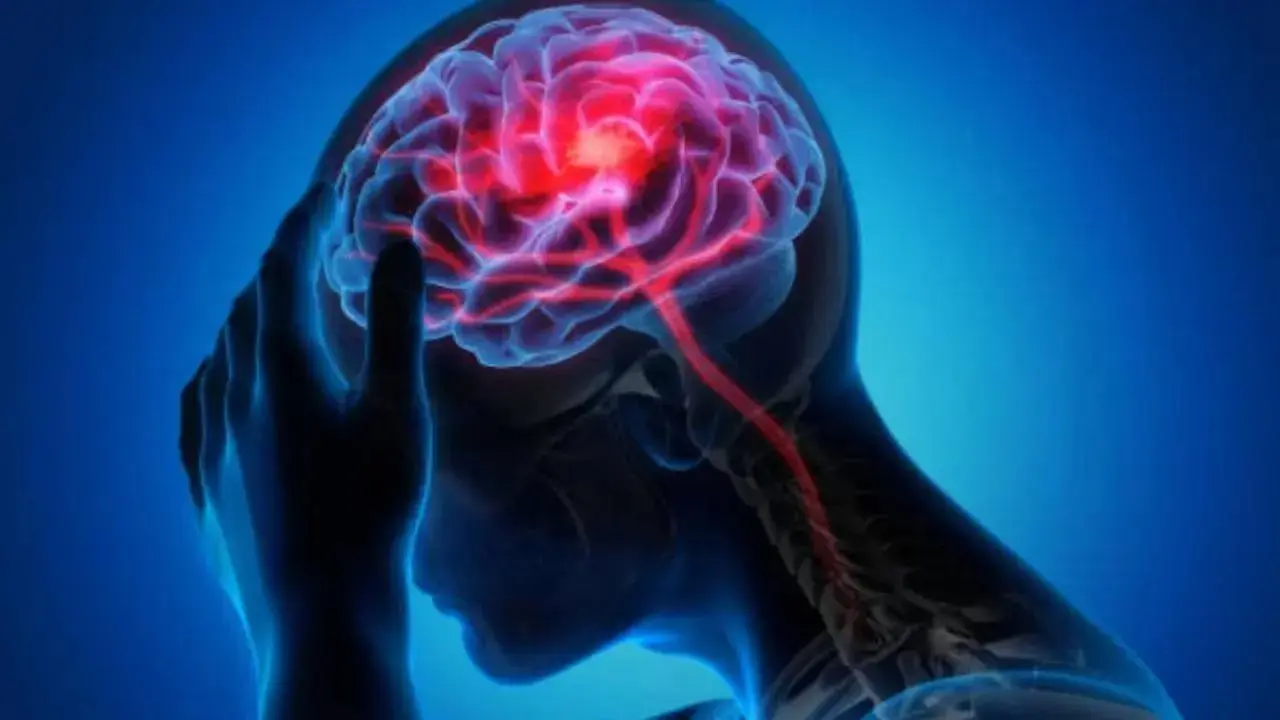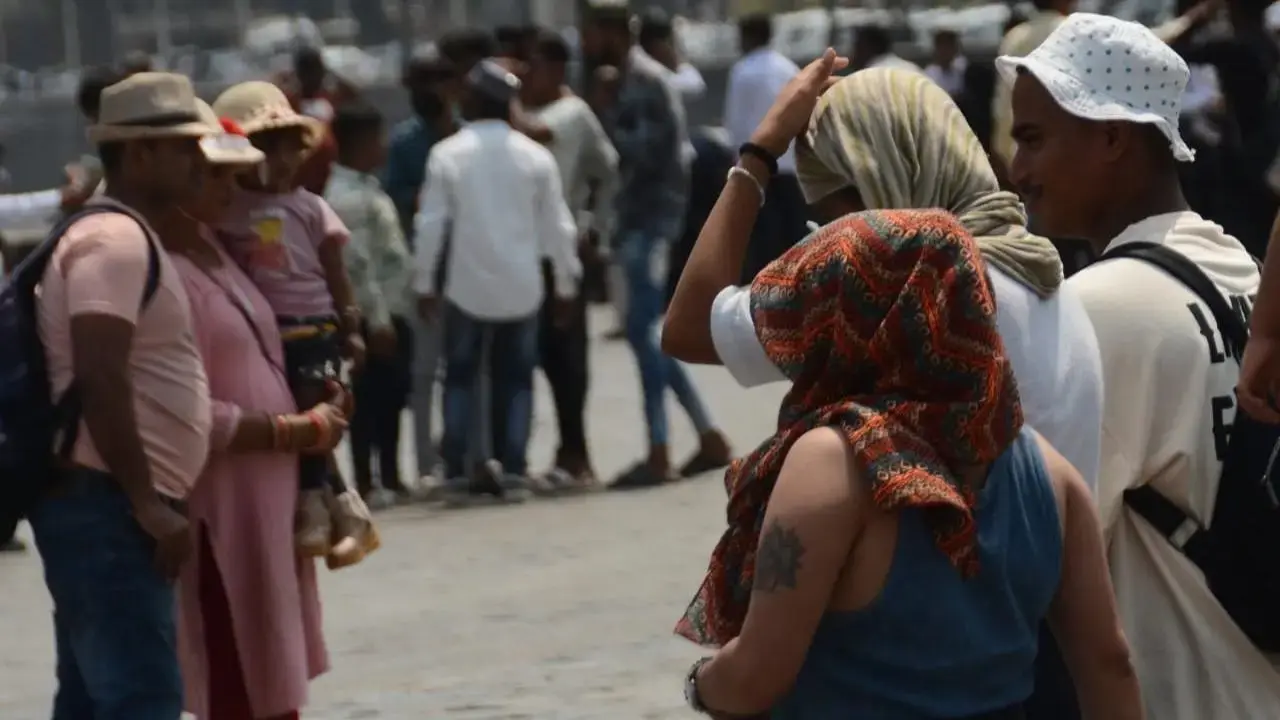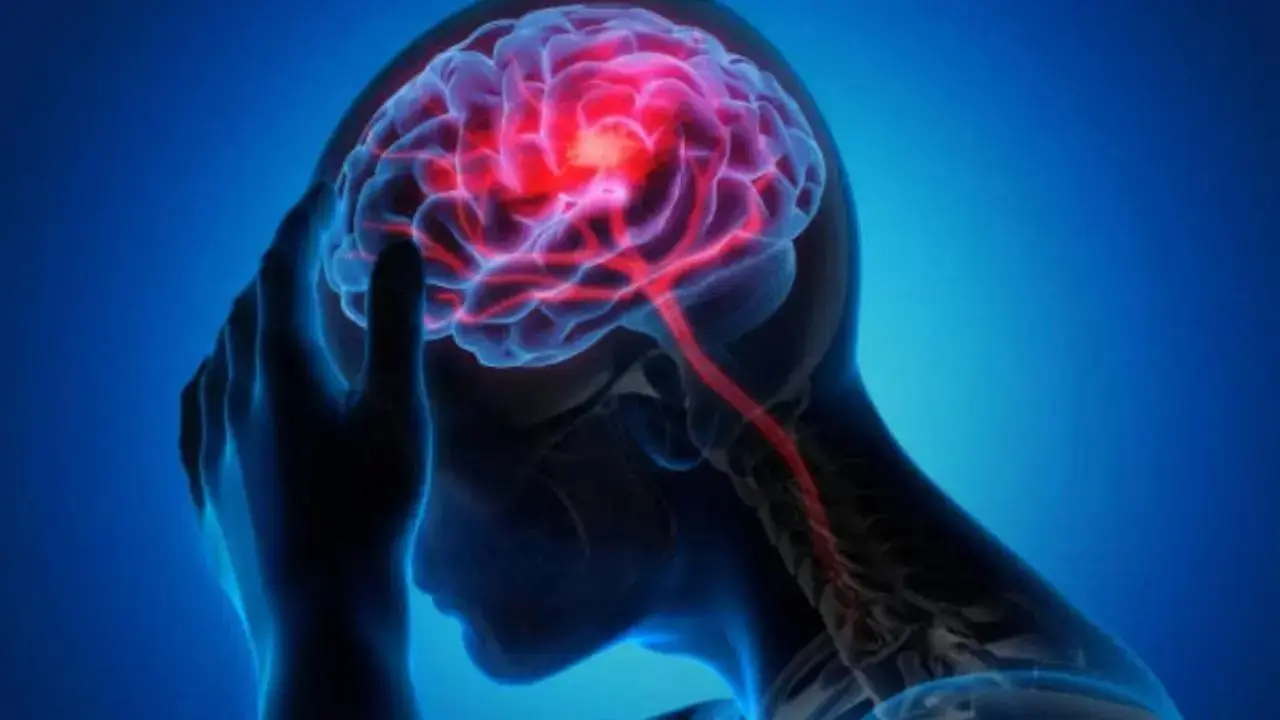A stroke can occur suddenly, often without warning, and its impact can be life-altering within minutes. Despite advances in medicine, awareness about its early signs and timely intervention remains limited — making education and prevention crucial in reducing its toll.
On World Stroke Day, mid-day spoke to Dr. Prashant Makhija, Consultant Neurologist at Wockhardt Hospitals, Mumbai Central, and Dr. Dipesh Pimpale, Consultant Neurologist at KIMS Hospitals, Thane. The experts shed light on common warning signs, risk factors and awareness details everyone should be aware of.
What is a stroke, and why is it considered a medical emergency?
Makhija: A stroke occurs when blood flow to a part of the brain is suddenly blocked or when a blood vessel bursts. The brain can’t store oxygen, so every minute of delay leads to the death of brain cells. That’s why we say “time is brain.” Immediate medical help can save lives and preserve function.
Pimpale: A stroke is a brain attack, a sudden stop in blood flow that deprives brain cells of oxygen. Immediate treatment can reverse damage, but only if given within the first few hours.
What are the most common warning signs people should never ignore?
Makhija: The simplest way to remember is the FAST rule: Face drooping, Arm weakness, Speech difficulty, and Time to rush to the hospital. Other warning signs include sudden vision loss, balance issues, or severe headaches.
Pimpale: Look for sudden weakness or numbness on one side, slurred speech, loss of coordination, confusion, or changes in vision. Even if symptoms go away, it’s still an emergency.
How common are strokes in India, and are younger people at risk too?
Makhija: Strokes are one of the top five causes of death in India. It’s concerning that more people under 45 are having strokes, often due to stress, smoking, poor sleep, and inactivity.
Pimpale: Strokes are occurring more often in younger people now. Lifestyle factors, obesity, and untreated high blood pressure are major causes. Urban Indians, particularly those in high-stress jobs, are more at risk.
What are some key risk factors that can be controlled through lifestyle changes?
Makhija: The main risk factors are high blood pressure, diabetes, high cholesterol, obesity, smoking, and excessive alcohol. Managing these factors through a healthy diet, exercise, and regular checkups can significantly lower risk.
Pimpale: Controlling blood pressure is crucial. Maintaining a healthy weight, reducing processed food intake, and managing blood sugar levels also play a significant role. These are simple yet effective prevention strategies.
How can someone reduce their risk of stroke in daily life?
Makhija: Aim for balanced meals, 30 minutes of activity each day, plenty of water, and good sleep. Even small, consistent changes like reducing salt intake or quitting smoking can benefit your brain over time.
Pimpale: One should eat healthy diet, strictly control Diabetes and blood pressure, do basic exercise, avoid smoking and alcohol consumption.
How are heart conditions and stroke connected?
Makhija: Heart rhythm problems, especially atrial fibrillation, can create blood clots that may travel to the brain and cause a stroke. Therefore, a healthy heart usually means a safer brain.
Pimpale: The heart and brain share the same blood vessels. When the heart is not healthy, it can send clots or cause changes in pressure that affect the brain.
Are stroke and heart attack symptoms ever confused with each other? How can people tell the difference?
Makhija: Yes, both involve a sudden blockage of blood flow. However, a stroke mostly affects speech, movement, or vision, while a heart attack causes chest pain and shortness of breath.
Pimpale: They can overlap. Stroke often shows up as weakness or speech issues, while heart attack pain typically occurs in the chest or arms. If you’re unsure, call emergency services right away don’t try to diagnose yourself.
How does stress or emotional health impact the heart–brain connection?
Makhija: Chronic stress raises blood pressure, thickens the blood, and increases cortisol, all of which can harm blood vessels. Good emotional health can be just as protective as medication.
Pimpale: Stress hormones tighten arteries and raise blood pressure. Mindfulness, enjoyable activities, and good sleep are valuable ways to protect against both stroke and heart disease.
Why is public awareness so essential in saving lives during a stroke?
Makhija: Most stroke patients get help late because family members don’t recognize the signs. Awareness can mean the difference between recovery and lifelong disability.
Pimpale: Because every minute counts. When people act quickly by calling an ambulance instead of waiting for symptoms to subside we can dissolve clots, restore blood flow, and often prevent lasting disability.


